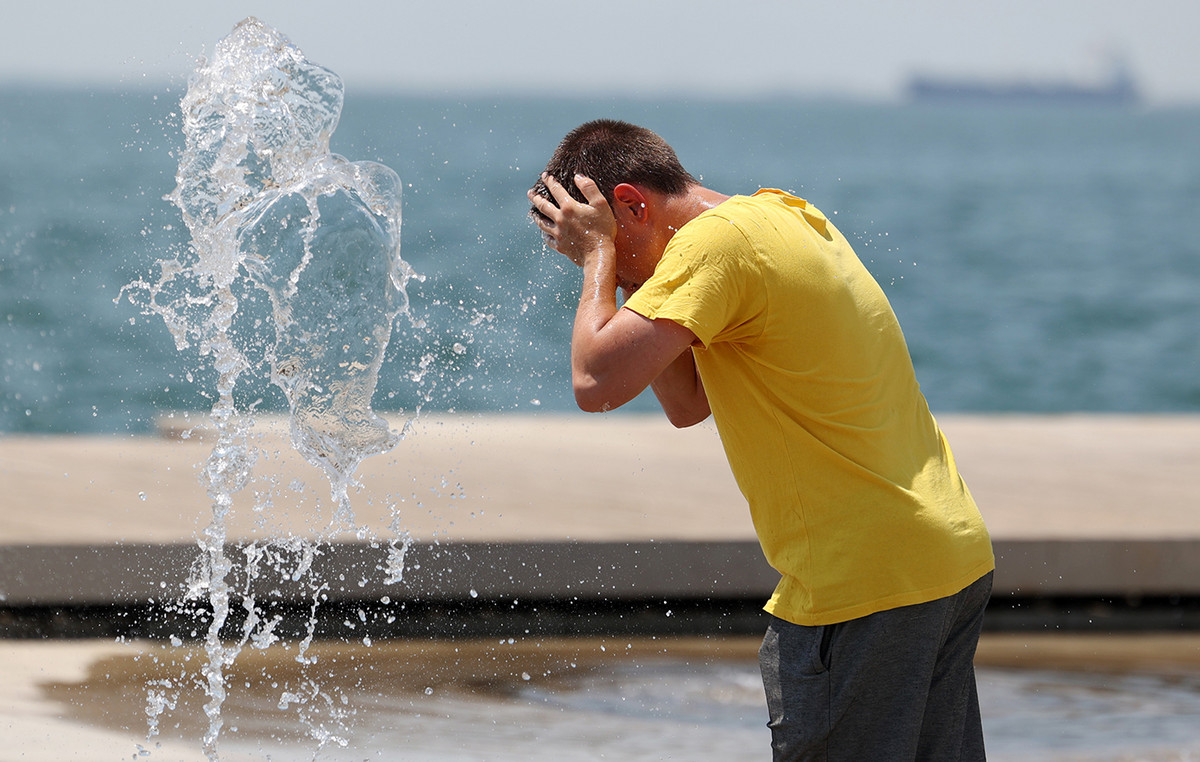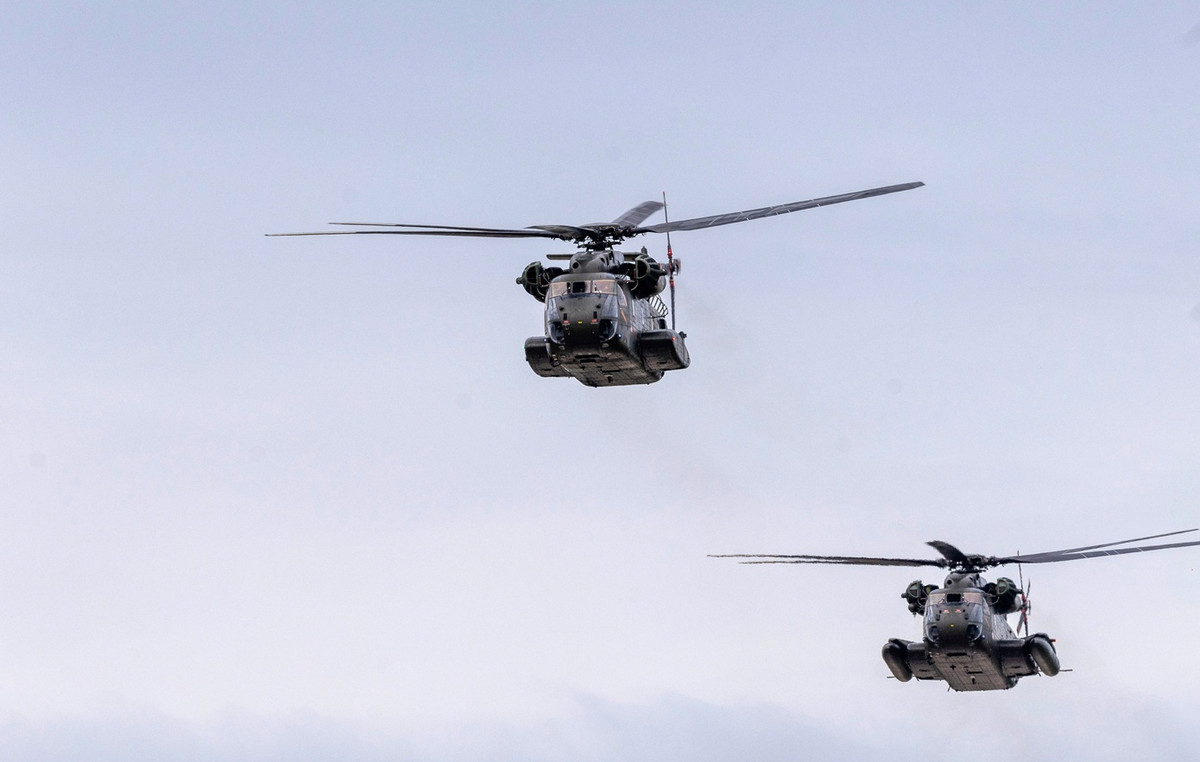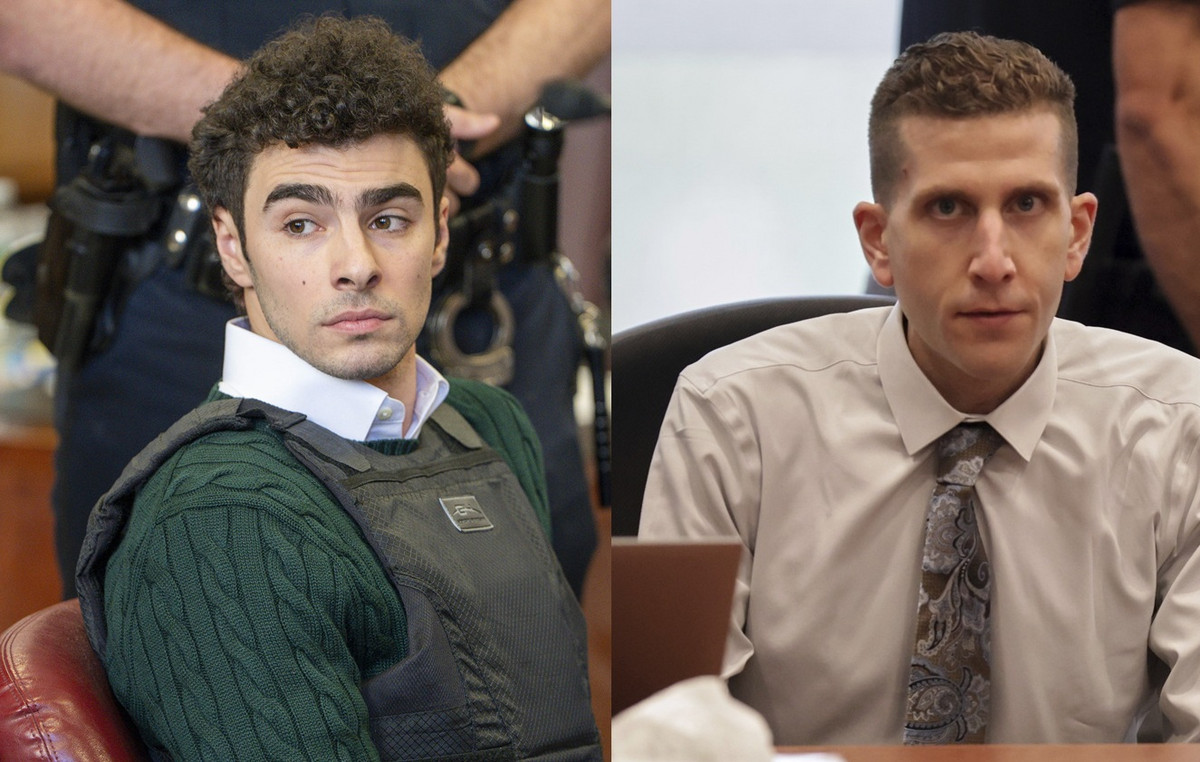The Coronavac vaccine, developed by China’s Sinovac laboratory, has been authorized for emergency use in Brazil since January 17, 2021, for people aged 18 and over.
This Thursday (20), the National Health Surveillance Agency (Anvisa) approved the expansion of the use of the immunizer produced in the country by the Butantan Institute for children and adolescents aged six to 17 years, with the exception of immunosuppressed people in this age group.
The decision is the result of a long process that started in July 2021, when the institute made the first request to expand the age group indicated for the vaccine. The evaluation of use in children between three and five years old may occur in the future, depending on the presentation of additional data, according to Anvisa.
The technicians of the General Management of Medicines and Biological Products and of the Pharmacovigilance Management, of Anvisa, issued favorable opinions to the approval of the vaccine. Authorization for the use of Coronavac in the new age group in the country was granted after a unanimous vote by the five directors of Anvisa.
According to the Pharmacovigilance Management, more than 85 million doses of Coronavac have already been applied in Brazil, which corresponds to 25.9% of the doses used in the country until January 18th.
According to Anvisa, the causality analysis of adverse reactions demonstrates that Coronavac is not related to any death among those eligible for immunization and that serious adverse events are considered rare or very rare.
In countries where the vaccine has been applied to the public aged 2 to 17 years, data show that 86% of adverse events recorded in this age group are not serious.
Director Meiruze Sousa Freitas, rapporteur of the process, stated that the Butantan Institute must present complementary data on immunogenicity (capacity to induce the immune response) and follow-up of the adult and pediatric population after approval by Anvisa.
Understand the step by step for approval by Anvisa and the conditions presented by the agency’s collegiate board this Thursday.
Lack of data led to rejection of the first order
Anvisa received the first request from the Butantan Institute to expand the age range of Coronavac indication, covering children and adolescents from three to 17 years old, on July 30th.
In a decision by the Board of Directors on August 18, Anvisa did not approve the use of the vaccine for the new age group due to limited data from the studies presented at that time. According to Anvisa, it had not been possible to conclude on the efficacy and safety of the vaccine for this public from the information presented by Butantan in the authorization request.
In the first request, Butantan included data from studies conducted in China that, according to Anvisa, did not allow concluding the risks for patients aged between three and 17 years, as well as the duration of protection provided by the immunizer.
The agency pointed out gaps in the data on vaccination in specific age groups and on the effectiveness or ability to induce an immune response in children with comorbidities and immunosuppressed.
New studies were presented in the second application
On December 15, Anvisa received a new request from the Butantan Institute to authorize the use of Coronavac in children and adolescents.
In this application, new studies were presented evaluating the efficacy, safety and ability to induce an immune response in the pediatric population.
One of the researches consists of a global study, which evaluates the effects of the vaccine from the comparative method by placebo. This means that part of the volunteers receives Coronavac and the other just a substance with no effect on the body.
The ongoing trials involve 14,000 children, aged 6 months to 17 years, recruited in Chile, Malaysia, the Philippines, Turkey and South Africa.
According to the general manager of Medicines and Biological Products at Anvisa, Gustavo Mendes, the data presented so far in this study indicate a low capacity to generate adverse reactions (reactogenicity) and a good tolerance profile.
In the opinion, Mendes stated that all available scientific evidence suggests that there are benefits and safety for using the vaccine in the pediatric population. According to him, Butantan must present new data from controlled clinical studies that are in progress, as they become available, and carry out active surveillance of the vaccine application.
The technical team in the area of pharmacovigilance at Anvisa stated in the favorable opinion on vaccination that the National Surveillance System for Adverse Post-Vaccination Events is capable of capturing and evaluating suspected adverse events after vaccination. In addition, there was a significant increase in participation by citizens and health professionals in the reporting process in 2021.
The Butantan Institute also presented preliminary results of a study on the immunity conferred by the vaccine, which compares the titers of neutralizing antibodies in a thousand children between three and 11 years old, in China.
On December 21, Anvisa held a meeting between specialists and scientists in the areas of pediatrics and immunology with the participation of representatives of Butantan.
The following day, Anvisa requested additional data and results from the institute. The application included additional information on vaccine efficacy in adults for children and safety data by pediatric age group.
Study of effectiveness in Chile
In January, two meetings were held between the technical team from Anvisa, from Butantan and specialists from other institutions. At the January 13 meeting, data from research and effectiveness studies carried out by the Chilean government during the application of Coronavac to children and adolescents in the country were presented and analyzed.
Effectiveness studies are those that assess the impact of mass vaccination, considering large population groups. Unlike efficacy trials, which are conducted in controlled groups during the development of immunizers, effectiveness studies are called “real life” by scientists because they more accurately reflect the effects of vaccination.
In the effectiveness study carried out in Chile, results were compared between three groups, considering the pediatric population vaccinated with Coronavac, with Pfizer and not vaccinated. The study evaluated this population between June 27 and December 11. Vaccination in the country with Coronavac for children over 6 years old began in September.
Effectiveness was assessed by estimating the risk between treated and untreated individuals. Risk indices were estimated considering mathematical models, revealing an overall effectiveness of Coronavac above 70% and above 90% in preventing hospitalizations and deaths.
Start of vaccination
São Paulo vaccinated the first child against Covid-19 with Coronavac this Thursday (20). In a symbolic ceremony held at the Brigadeiro Faria Lima State School, in São Paulo, nine-year-old Caetano de Jesus Martins Moreira received the immunizing agent.
To recommend the approval of the use of Coronavac in children and adolescents aged six to 17 years, Anvisa relied on the advice of the Brazilian societies of Pediatrics (SBP), Immunizations (SBIm) and Infectology (SBI).
Together, the societies disclosed in a note: “The aforementioned societies support the authorization and extension of the use of the Coronavac vaccine for children aged 6 to 17 years. The future expansion of the use of the vaccine for children under 6 years of age is conditional on the analysis of data for this age group, as soon as they become available”.
The Brazilian Association of Collective Health (Abrasco) also participated in the approval process by Anvisa and is positioned in favor of the immunization of this public.
Reference: CNN Brasil






